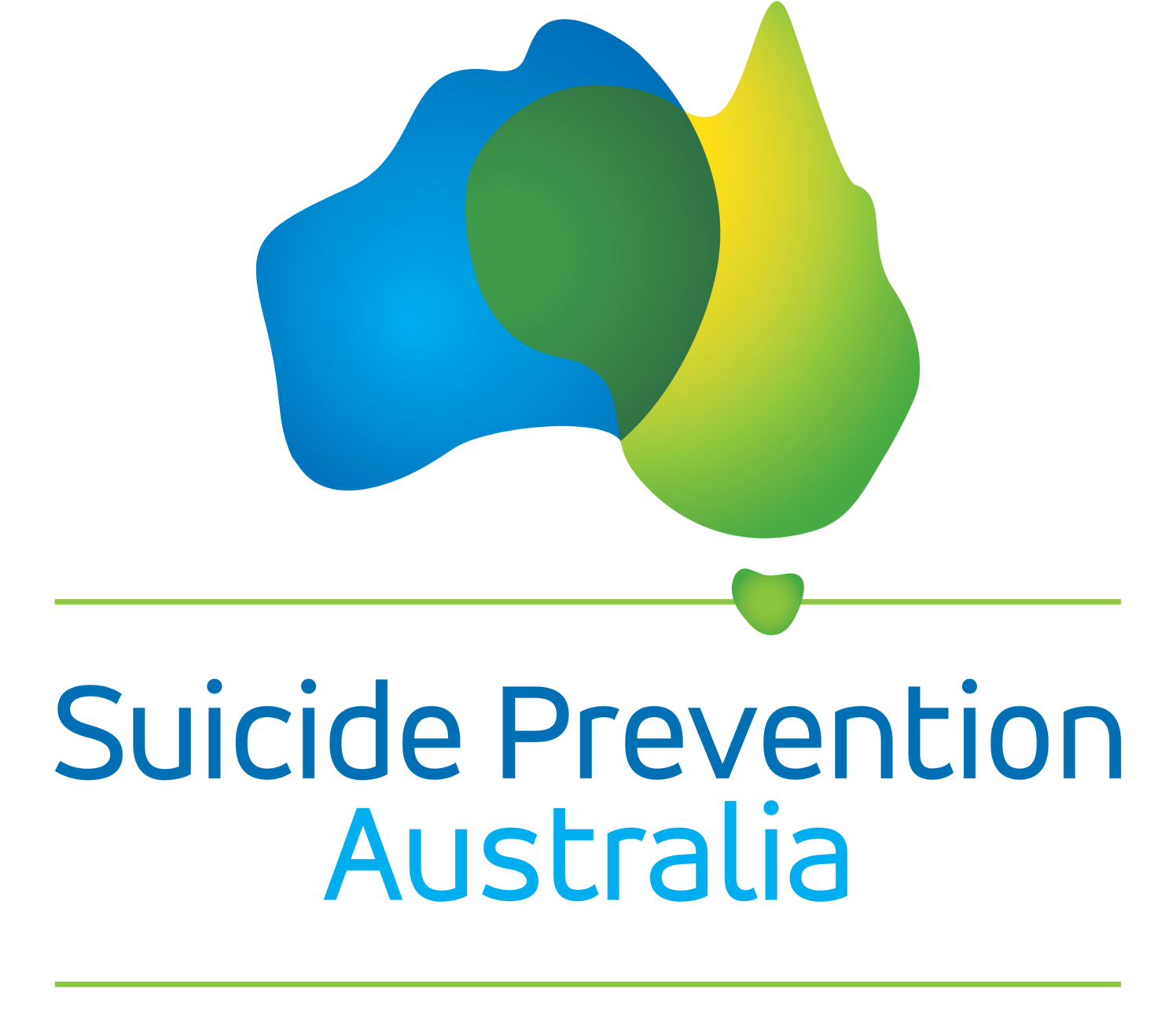Suicide Prevention Australia CEO, Nieves Murray
Monday’s announcement that the Federal Government will reduce the number of Medicare-funded mental health sessions was a lot of things: baffling, unexpected, disappointing and honestly just bizarre. While this decision raises many questions, the one that’s been asked the most is; why on earth cut off mental health supports now? It is the worst possible time, but it’s not too late to reverse this decision or alternatively immediately redirect the funds towards those at-risk.
By any measure, it’s clear that there are rising rates of distress in our community. The ongoing impacts of the COVID-19 pandemic, compounding environmental disasters and rapidly rising cost-of-living pressures are taking their toll on us all. Not to mention, we’re heading into the most stressful, isolating, and lonely time of the year for some people – historically a time when suicide rates go up.
Just hours before the government made this unexpected announcement, the Suicide Prevention Australia Community Tracker revealed 71% of Australians are experiencing elevated levels of distress compared to this time last year. And sadly, more-than one-in-three Australians say they know someone in their personal life or networks, who has died by or attempted suicide in the past 12 months. That has increased 7% in only three months.
We’re seeing rising rates of suicide in Victoria and New South Wales throughout 2022. Just this morning Lifeline confirmed calls have increased from 2,400 to 4,000 per day. Demand for mental health supports remain at record highs. We know from Australian and global research that it’s two to three years after a crisis when suicide rates can rise the fastest. We are already seeing this play out. Now, more than ever, people need more support, not less. Yet, this decision will rip over one million Medicare-funded mental health sessions from the system next year alone.
Health Minister, Mark Butler has released an independent review by the University of Melbourne into the Medicare Better Access program that subsidises these mental health sessions. We support the review and endorse its findings that more can be done to improve the program and enhance equity in the system, in particular to ensure those who need support can access it. But we can walk and chew gum here – the review can happen while the additional support continues.
The evaluation points to consistent findings that the program has positive outcomes and recommends the extra 10 sessions should continue to be available and be targeted towards those with complex mental health needs. We couldn’t agree more. It also raises important issues around workforces and wait-lists. Both need urgent action, and we’ve been saying this for many years. But to turn off this extra support because people are using it is akin to closing the shop because it’s busy or shutting an emergency department in a pandemic. It is a bad decision that discourages help-seeking when it is clear people need help.
We will work with government to improve this program, but it makes no sense to reduce these supports until this work is done.
Yes, this extension will come at a cost but not a significant one. The Australian Psychological Society estimates the programs represents just over 1% of total annual spending on mental health services. But the cost of inaction will be much higher. The Productivity Commission estimates the annual cost to our economy of mental ill-health and suicide is up to $70 billion per annum. This extension is an investment in services that reduce those costs. But at the very least, the slashed Better Access funds need to be redirected to crisis and support lines and building workforce capacity to deal with the growing demand.
Last month the Prime Minister intervened to reverse cuts to mental health supports for front line emergency service workers. In September, he spoke passionately to our sector about his commitment to suicide prevention. We urge him to intervene and reverse this decision. We have until the end of December. It’s not too late to give the community what it deserves and change this decision as soon as possible.
